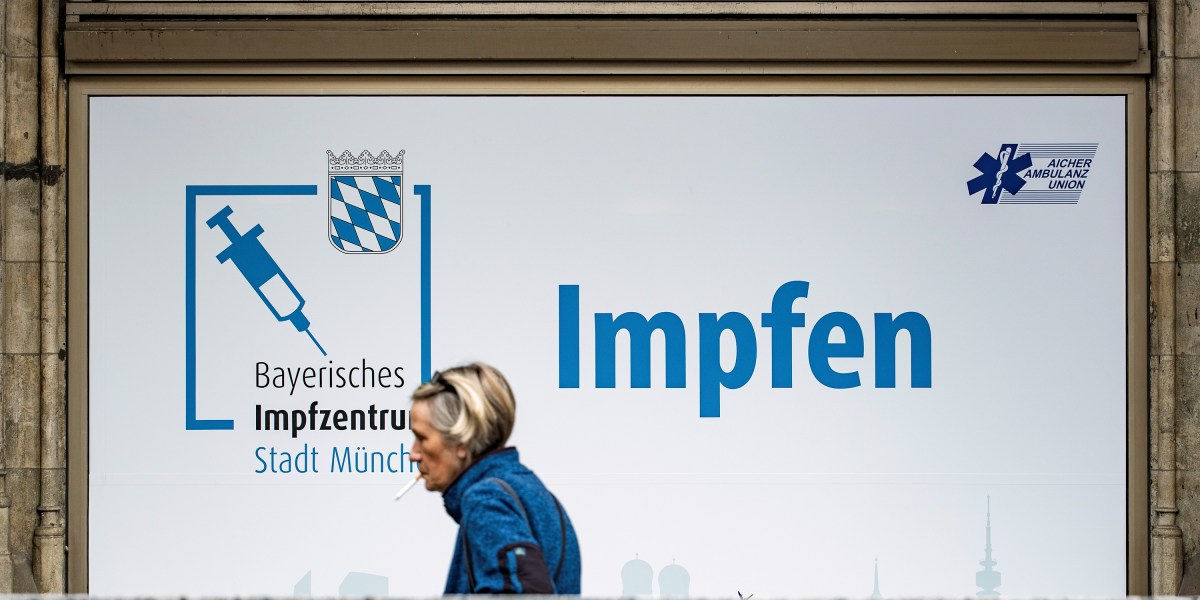
“We need a combination of measures,” said Spector, who runs the ZOE Covid study at King’s College London. “How high we want those rates to be is determined by our complacency and our relaxation to some of the rules we had in place that last year I thought were over the top, and now this year I think are insufficient.”
Despite this, vaccination rates are the most important factor that explains the variance between countries like Croatia and Italy.
Many Eastern European countries have lower rates of vaccination than some of their neighbors: Croatia is at 46% fully vaccinated, for example, while Slovakia is at 43%. (The European average is around 56%.) Unvaccinated people are driving the increase in numbers, said Austrian chancellor Alexander Schallenberg when announcing his country’s new lockdown: “The [daily infection] rate for the unvaccinated is at over 1,700, while for the vaccinated it is at 383.”
Where vaccination rates are higher, the result is less serious illness and death—even if transmission is high. In the UK 80% of people over 12 have had two doses of covid vaccine, for example.
“The countries that are doing best are the ones with high vaccine coverage and effective measures,” says Salathé. “The worst countries are the ones that have neither. Most are in between.”
But even when vaccination rates are high and the pressure of cases is relatively low, it may not be enough for long-term protection—especially given the fading effectiveness of vaccines over time.
“The UK rolled out a vaccination program earlier than most countries, and therefore has experienced the impact of waning immunity earlier,” says Michael Head, a senior research fellow in global health at the University of Southampton. “The boosters here in the UK are clearly having an impact around hospital admissions and new cases in older populations.”
That means continuing to vaccinate people, and boosting the immune response of people who were vaccinated early in the cycle, remains vitally important.
“Where we see uncontrolled outbreaks, we also see emergence of new variants of interest and concern, and we really don’t want any new variants to become dominant and have a greater impact upon the effectiveness of our vaccines,” he says. “Ultimately, the world cannot fully relax until the vast majority of the world is vaccinated. The combination of vaccine hesitancy and lack of access to vaccines is everyone’s problem.”